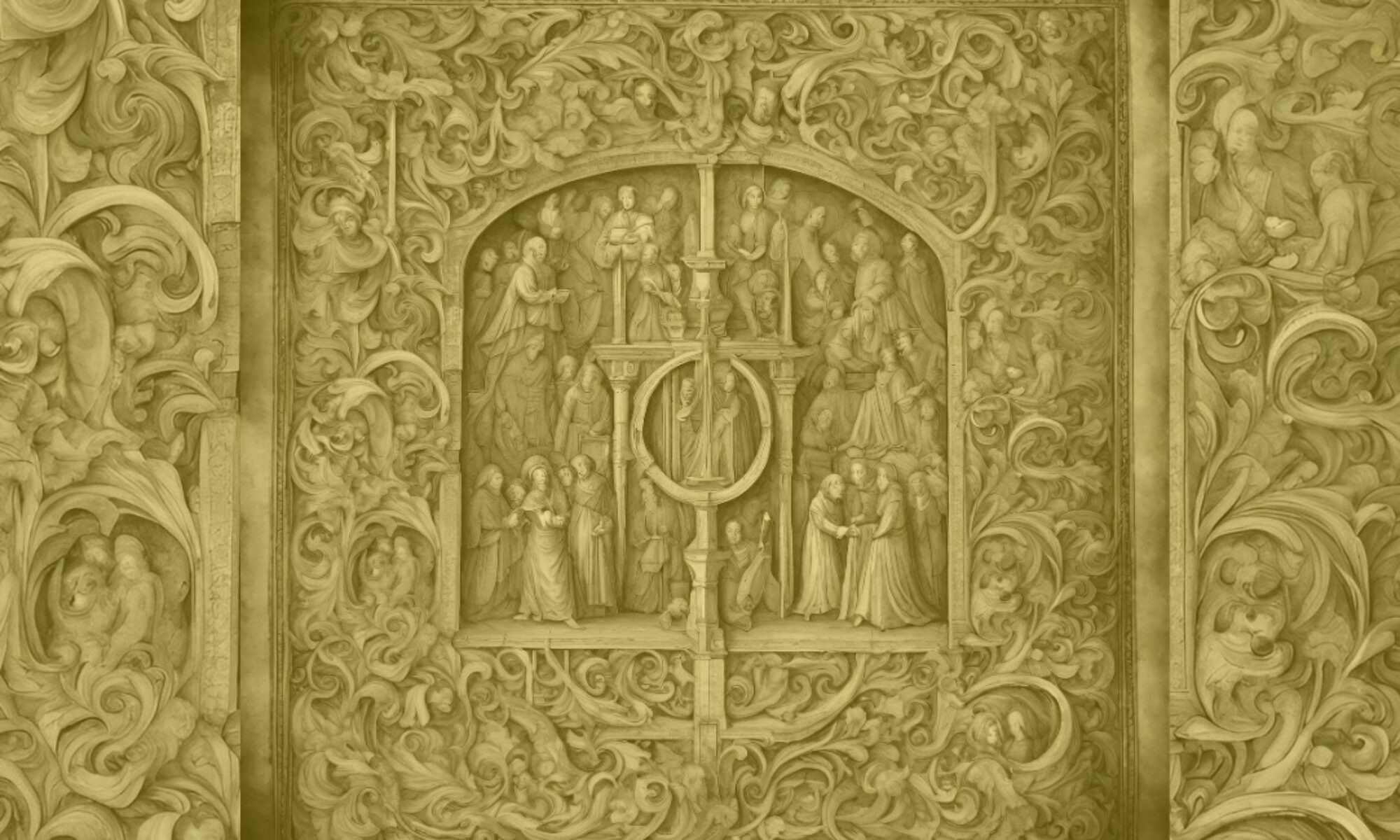Maggie’s talk is called “Demeter’s Way: The Journey through Grief Towards Healing in Homer’s Hymn to Demeter“

Homer’s Hymn to Demeter offers a glimpse into the often circuitous pathways traversed through the fog of grief. Separated from her beloved daughter, Demeter aimlessly wanders the Earth cloaked in a shadow of despair. The shock of separation and loss causes her to disengage from everyday life, she is physically present, but psychologically absent. And this absence causes all of Earth to wither.
I saw my own story mirrored in Demeter’s archetype of a grief-stricken mother’s search for meaning and some re-connection with life. For even in isolated sorrow, Demeter is drawn to life in Eleusis. Her demeanor embodies the psychological trauma caused by separation and loss.
Studies in neuroscience demonstrate the diminished neuroactivity of the human brain when afflicted with grief and depression. This diminished neural activity mirrors the individual’s psychic sense of isolation from the current of life, even as others attempt to offer comfort. Still, as Demeter demonstrates in her encounter with Iambe’s novel dance, those numbed synapses in our brains can reignite in the stimulation of the unexpected, in the challenge of learning, or seeing something anew.
Demeter’s ability to negotiate and eventually engage with the nature of what is, and what even a goddess cannot change, offers us a model for acceptance and resilience towards healing.
About Maggie
Darlene “Maggie” Dowdy received her Ph.D. in Mythological Studies with an Emphasis in Depth Psychology from Pacifica Graduate Institute. Her dissertation, Harbingers of Change: Images and Archetypes of Imminent Transformation, explores the co-creative relationship between psyche, soma, and an ever-changing environment. A variation of her dissertation, “Birds as Nature’s Harbingers,” was presented at the 2018 conference for the Association for the Study of Women and Mythology. Maggie co-presented on a panel concerning gender identity at the first Mythologium conference in 2019 with her essay “Metamorphoses of Gender and Identity in Ancient and Modern Myth.”
As vice-president of an independently owned industrial rubber company, Maggie has recently engaged in an exploration of alternatives for industry to contribute to social equity and environmental sustainability, while still making a profit. She combines her passion for myth and literature with a practical application towards furthering these pursuits.
